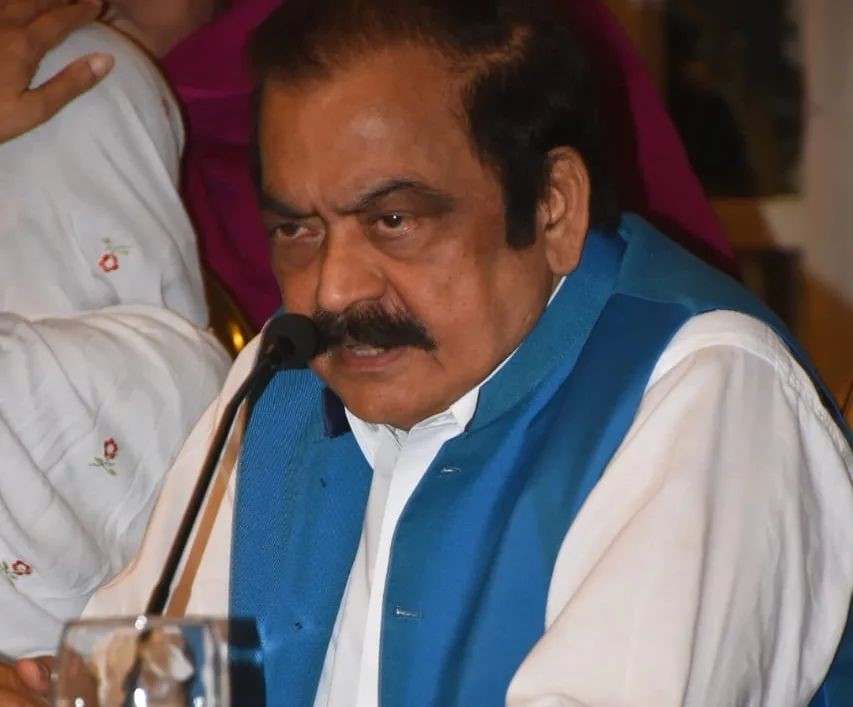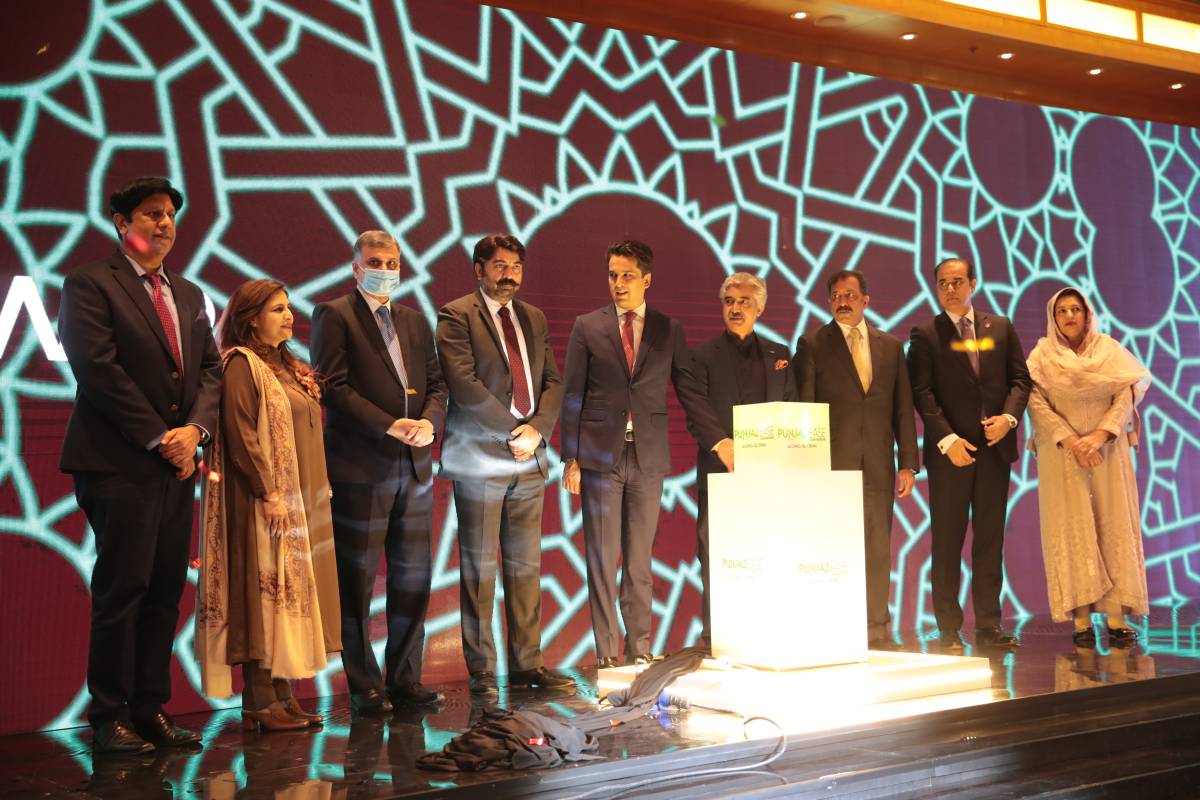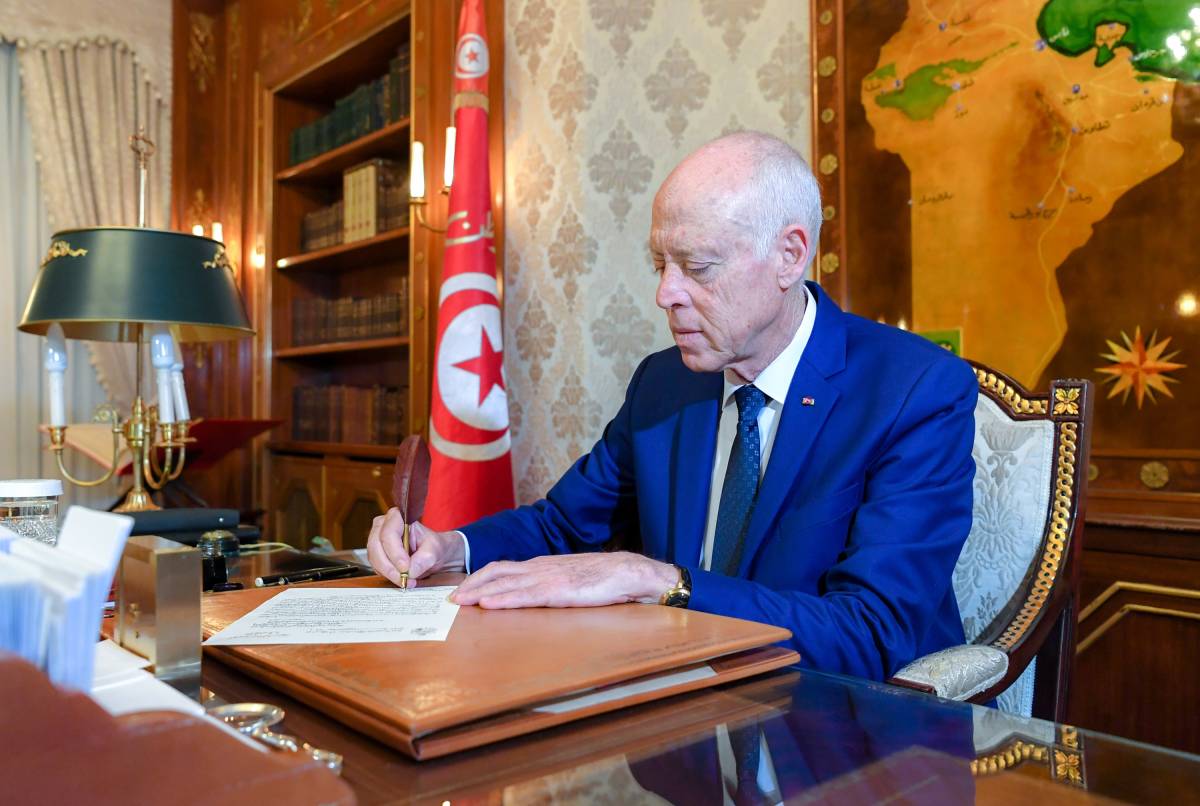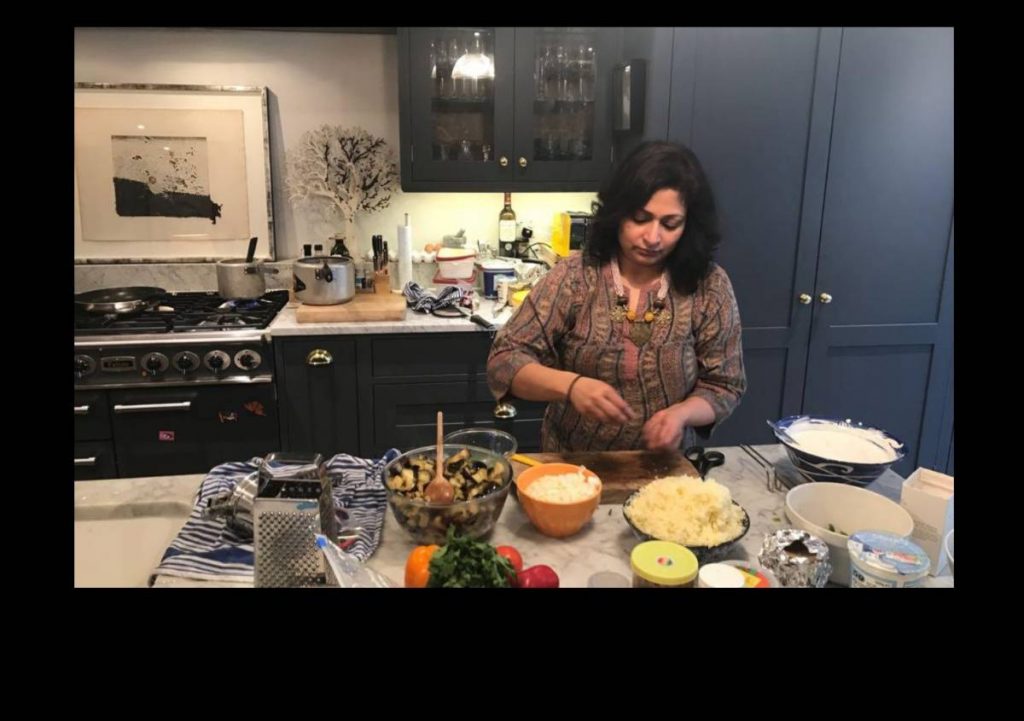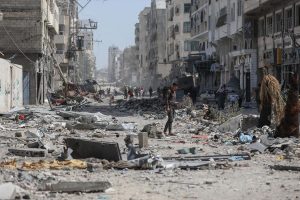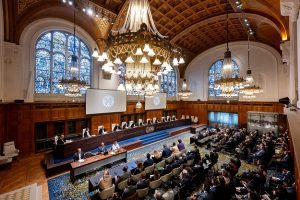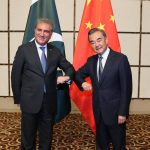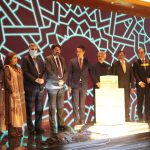According to 2020 World Press Freedom Index compiled by Reporters without Borders, Pakistan ranks 145 out of 180 countries as against the ranking of 142 in 2019. The rank is constantly increasing …. Writes Dr Badusha Ahmed Khan
Pakistan Resolution was a precursor to the 1973 Constitution of Pakistan and the essential freedoms mentioned in the Resolution have been translated into the Constitution. Article 19 of the Constitution provides the right to freedom of speech and expression and the protection of that right. Using the freedom movement and Pakistan resolution in 1940 at Lahore, the Constitution of Pakistan was framed and the Article 19 also guarantees freedom of press and media, one of the important pillars of Democracy.
Though this Article guarantees Freedom of Press in Pakistan, the Government of Pakistan, virtually run by Pakistan Army since Pakistan came in to being, thinks otherwise. This can be illustrated through the number of killings and abduction of Journalists in Pakistan.
According to the International Federation of Journalists (IFJ), Brussels, at least 138 journalists have been killed in Pakistan since 1990 till 2020. If one goes back further, many journalists have been killed and abducted since creation of Pakistan on August 14, 1947.
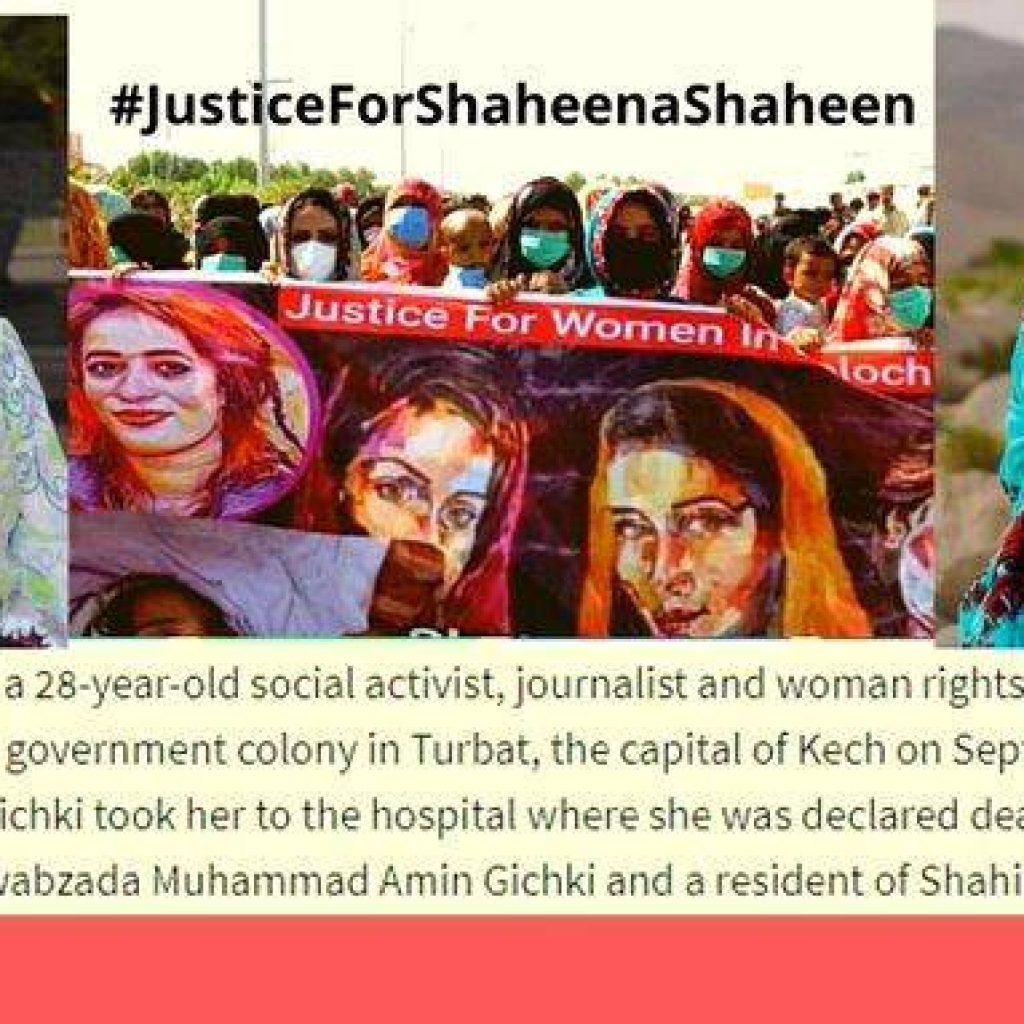
According to 2020 World Press Freedom Index compiled by Reporters without Borders, Pakistan ranks 145 out of 180 countries as against the ranking of 142 in 2019. The rank is constantly increasing.
In a recent incident on 18 March, 2021, a 31-year-old Hindu journalist, Ajay Lalwani, was shot dead by some unidentified assailants while getting a haircut at a barbershop in Sindh province for exposing Muslim Clerics involved in conversion of Hindu girls.
In 2020, four Pakistani journalists — Aziz Menon, Javedullah Khan, Anwar Jan, Shaheena Shaheen were killed.
Also read:Social media war between B’desh and Pakistan
Shaheena Shaheen – A journalist, an artist, always struggling for women’s rights and empowerment, was shot dead in Turbat, Balochistan on 5th September, 2020.
Anwar Jan was shot dead by two gunmen on the evening of 23 July, 2020 while he was returning in his motorbike to his hometown at Barkhan. Anwar was working for the daily newspaper, Naveed-e-Pakistan and used to post regularly about corruption on social media.
Javedullah Khan was the bureau chief of Islamabad-based Urdu-language daily, Ausaf in Swat. Some unidentified assailants opened fire on his vehicle on 25th Feb, 2020, leaving him seriously wounded. He was rushed to a hospital where he died during treatment.
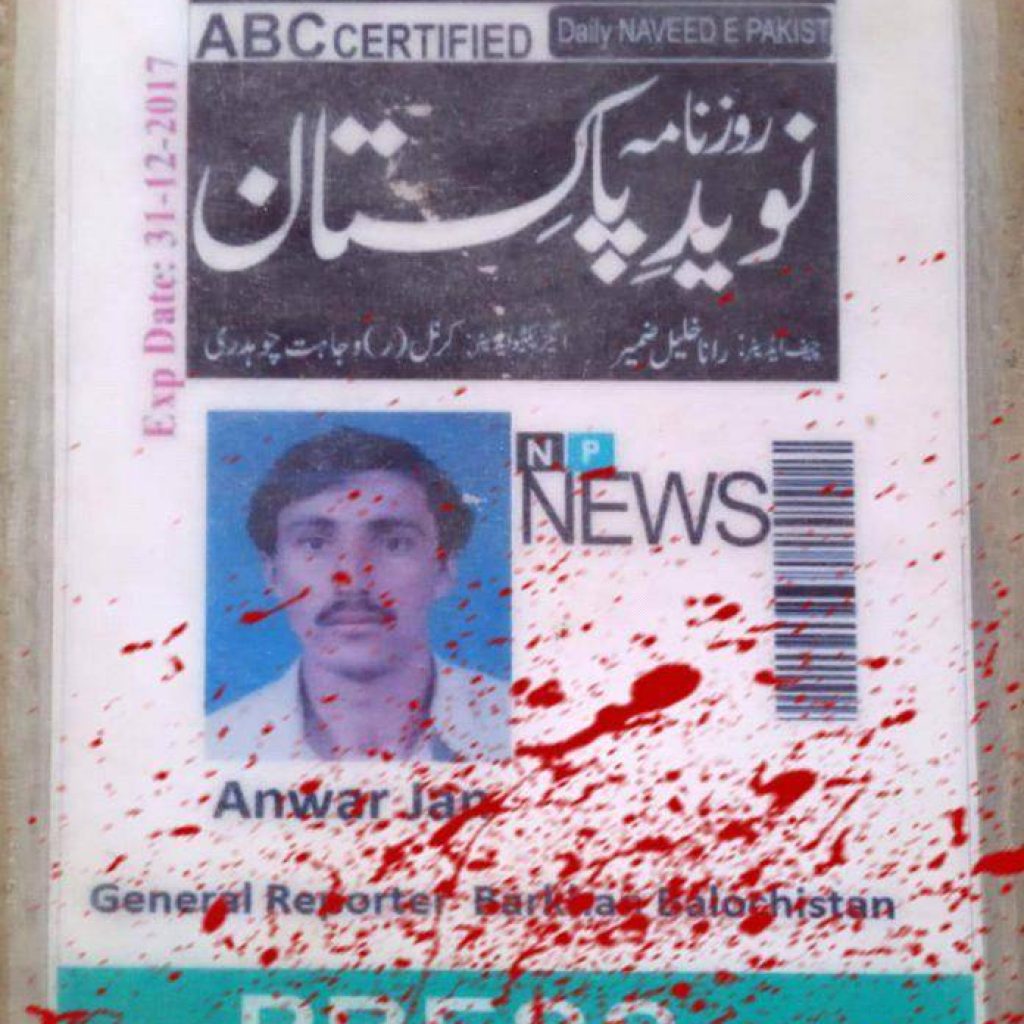
Aziz Menon, who worked for the privately-owned Sindhi TV Channel, KTN News and the Sindhi-language Daily Kawish newspaper, was found strangled to death in an irrigation ditch on 16 Feb 2020 near the town of Mehrabpur in the Naushahro Feroze District of Sindh province.
Though a number of journalists are being killed in Pakistan on a regular basis, no human rights organizations or Human Rights activists are ready to cover this issue. Hamid Mir, a famous Pakistani journalist, columnist and an author who currently hosts the political talk show Capital Talk on Geo News, was attacked on April 19, 2014 by the Pakistani intelligence because he had expressed concerns about the deteriorating climate for press freedom in Pakistan. However, he had survived and the Geo TV, blamed Lt Gen Zaheer-ul-Islam, the then ISI Chief as an accused and flashed his picture in the Television. . The ISI became furious and declared that GEO TV should be shut down for bringing a national institution into disrepute.
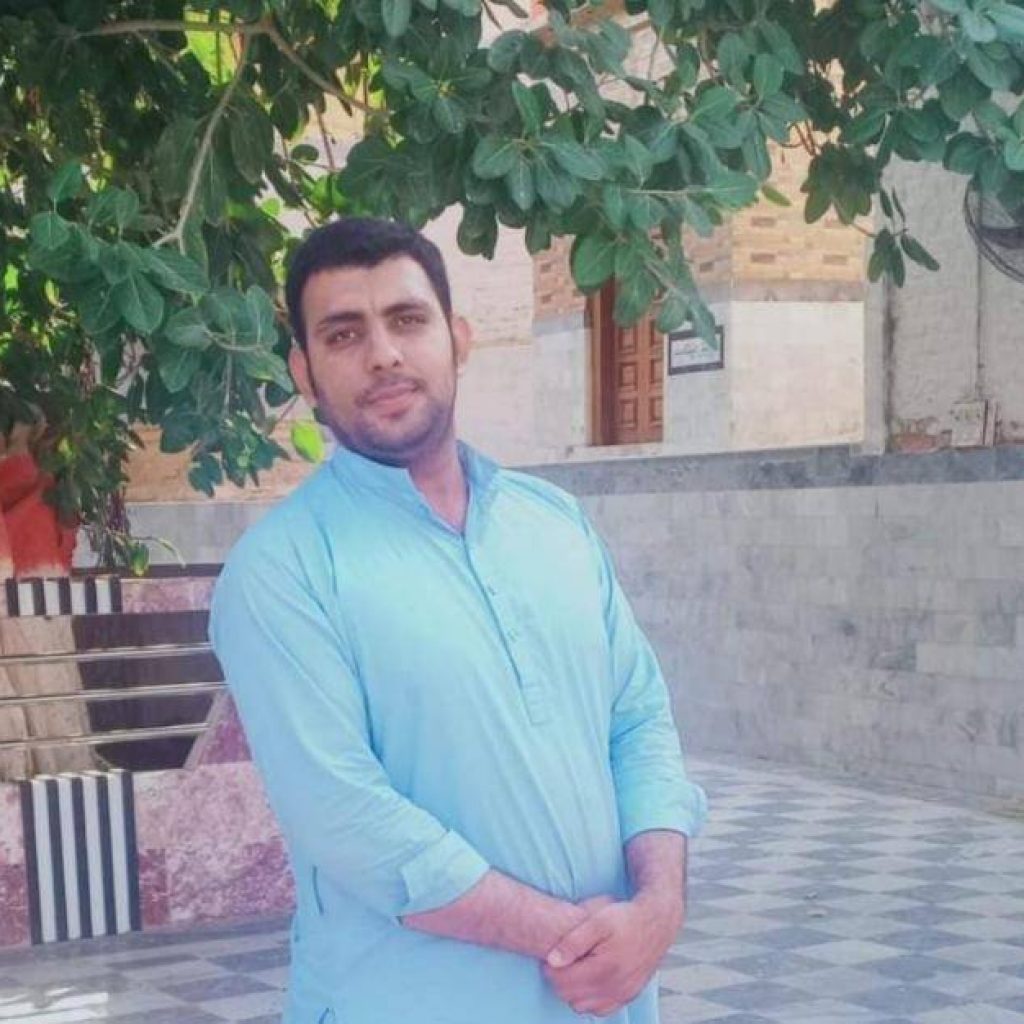
This kind of behavior is not just with Journalists but with everyone who tries to speak against highhandedness of Pakistan Army and the other security agencies of Pakistan. Malala Yousafzai and Gulalai Ismail are the clear examples of it. The military has quietly, but effectively, set restrictions on reporting: from barring access to regions including Baluchistan where there is armed separatism and religious extremism, to encouraging self-censorship through direct and indirect methods of intimidation, including calling editors to complain about coverage and even allegedly instigating violence against reporters.
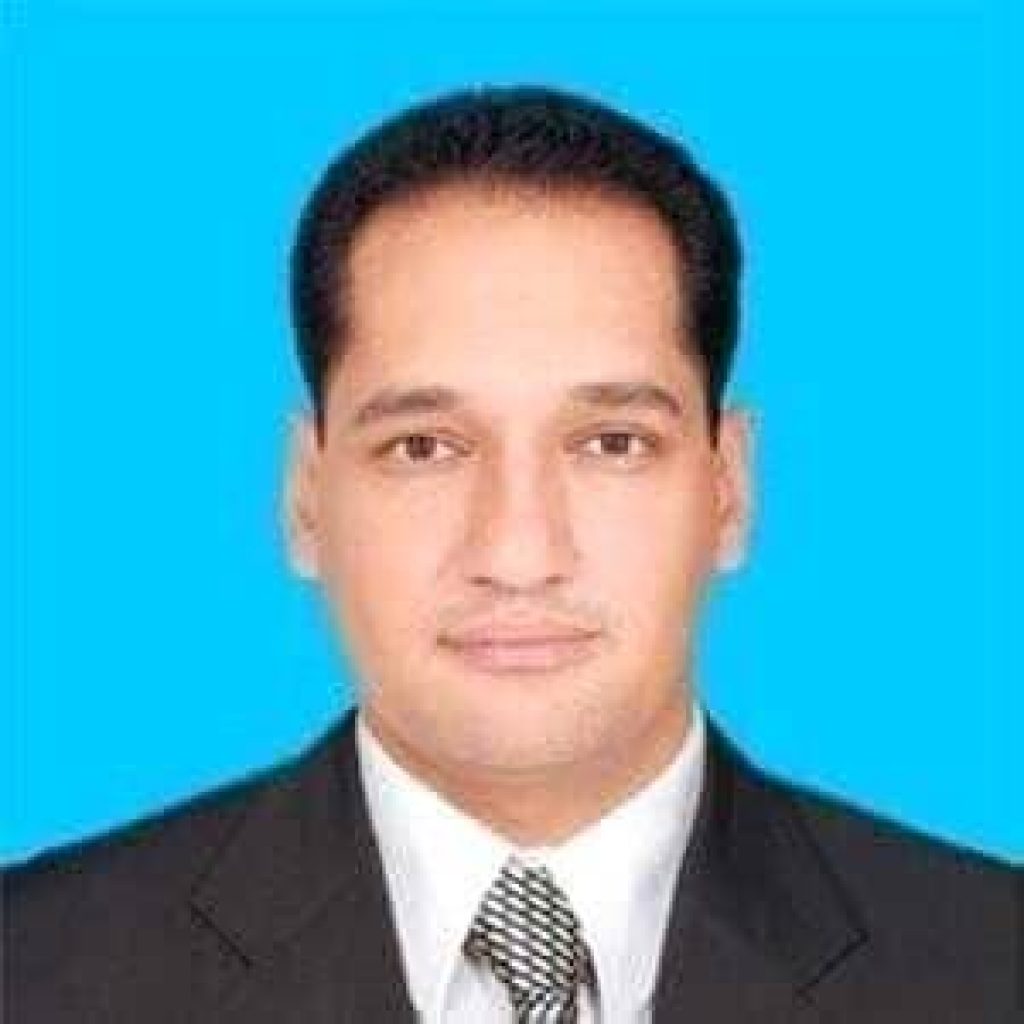
The military has clashed with Pakistan’s elected government, which tried and ultimately failed to assert civilian control. Journalists find themselves in the middle of this battle, struggling to report while staying out of trouble. Issues including religion, land disputes, militants, and the economy can all spark retaliation—and laws such as the Pakistan Protection Ordinance, a counter terrorism law that allows people to be detained without charge for 90 days, are used to retaliate against critical reporting. Female journalists must navigate additional pressures when reporting in religiously conservative areas, such as Khyber Pakhtunkhwa or rural districts. Sometimes, even the briefest lapse in security can expose a journalist to near-fatal consequences.
Also read:Pakistan faces 3rd Covid wave
Pakistan’s constitution guarantees freedom of the press and access to information, and the country has a large and robust media industry, including extensive privately held broadcast news. And yet, true press freedom is elusive. While the military is not solely responsible for the pressures facing the media, its hands can be found almost everywhere. That is why, the Media personnel in Pakistan, except a few, are always concerned about their safety if they report anything against the Government or the Army. The underlying reason for caution is often fear of retaliation as the military exerts control and seeks to retain its influence and position under civilian rule. Consequences are harsh for journalists who attempt to push back.
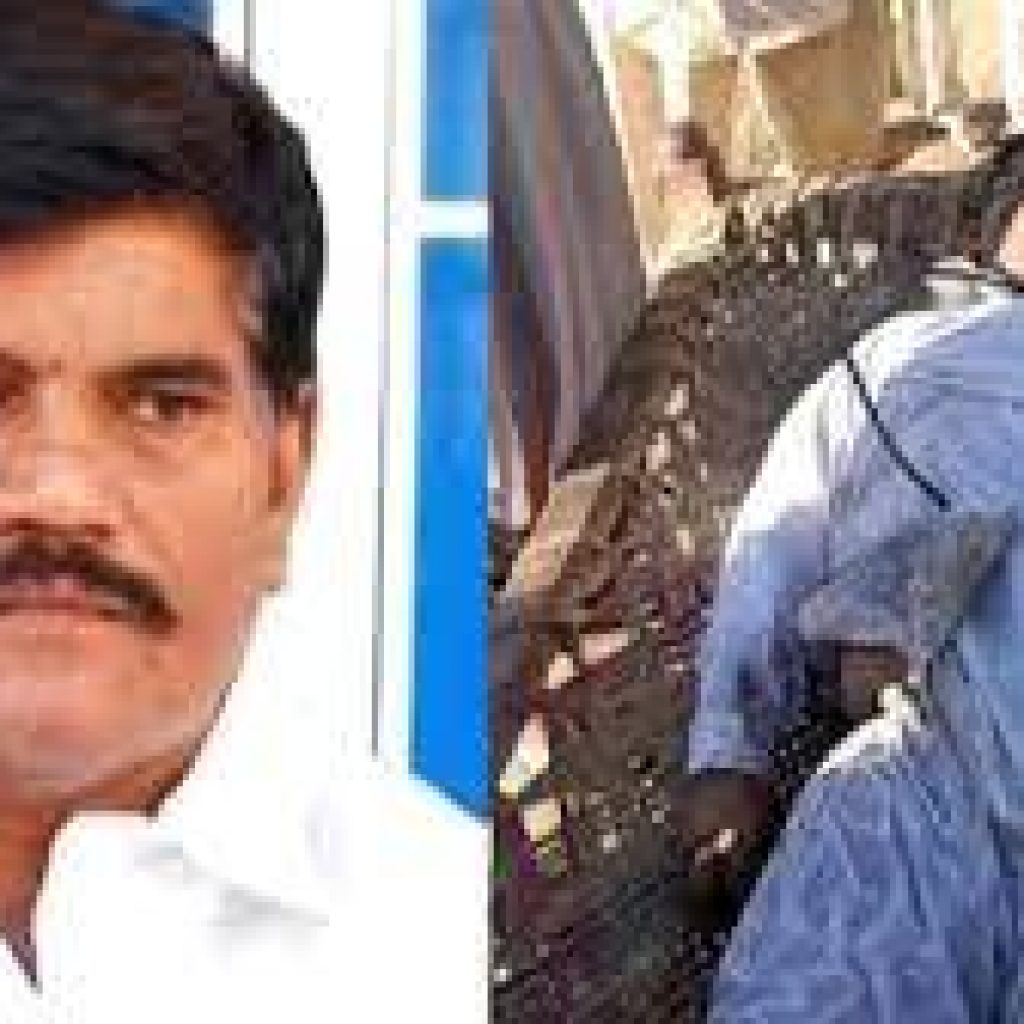
In many parts of Pakistan, both sides have managed to create an atmosphere of fear that is preventing free thinking and honest and objective reporting … That atmosphere of fear has increased over a period of time, and when reports come about abduction or attempted abduction of a free-thinking journalist in Islamabad or Karachi or elsewhere, it solidifies this whole notion that journalists remain under threat. A number of editors at newspapers and broadcast media also described a step-up in phone calls from the military advising or complaining about coverage, although they often declined to talk about it openly.
Pakistani media consumers aren’t getting a full or accurate picture of critical issues facing the country. This is no accident. The military and other powerful institutions have established lines of control to stifle the press, by promoting people and issues considered favorable, and limiting the dissemination of content found objectionable.
This is the tragedy of a so called democratic country which is yet to find out the real democratic system.
Also read:Public gatherings banned in Pakistan


